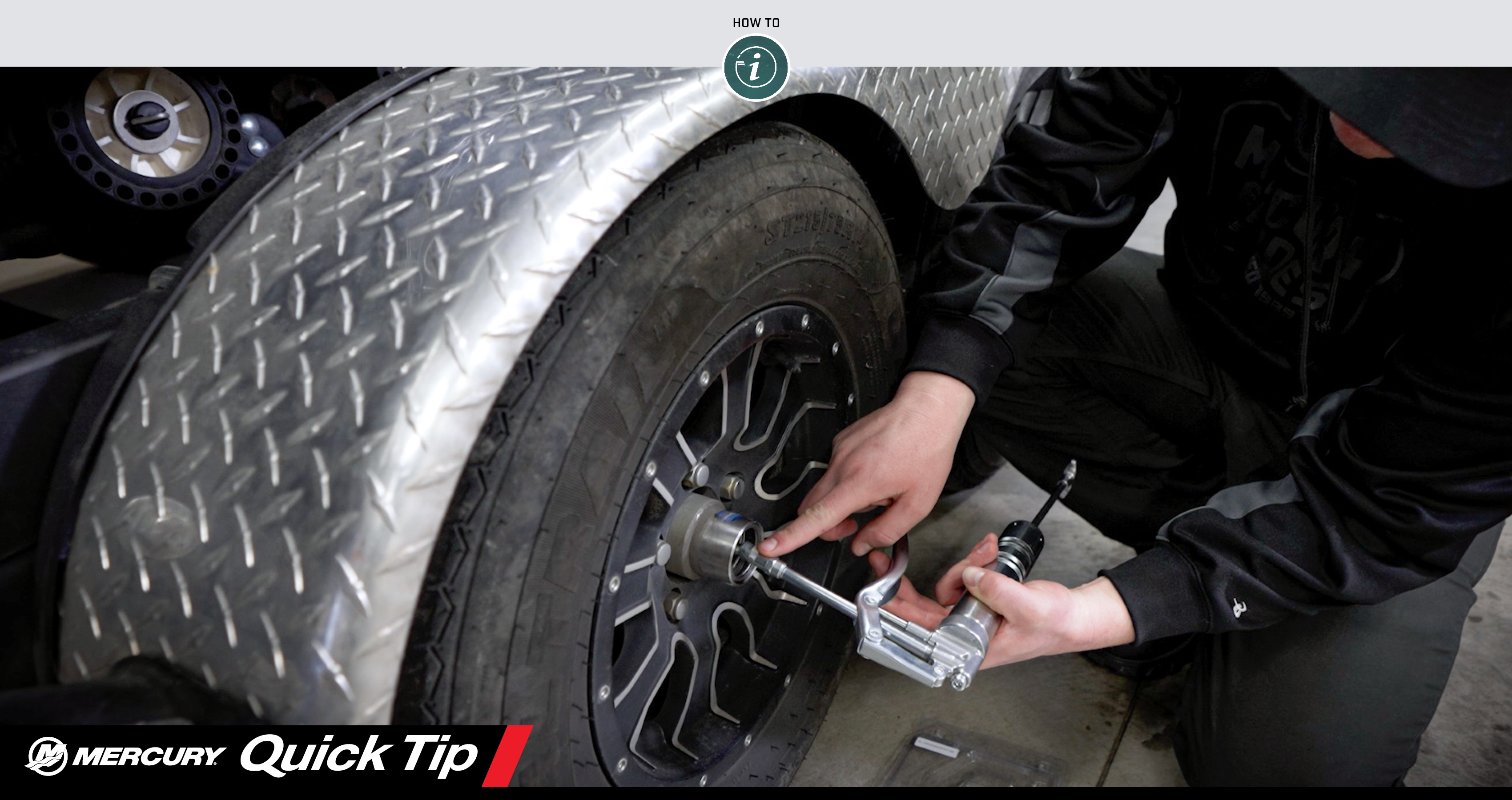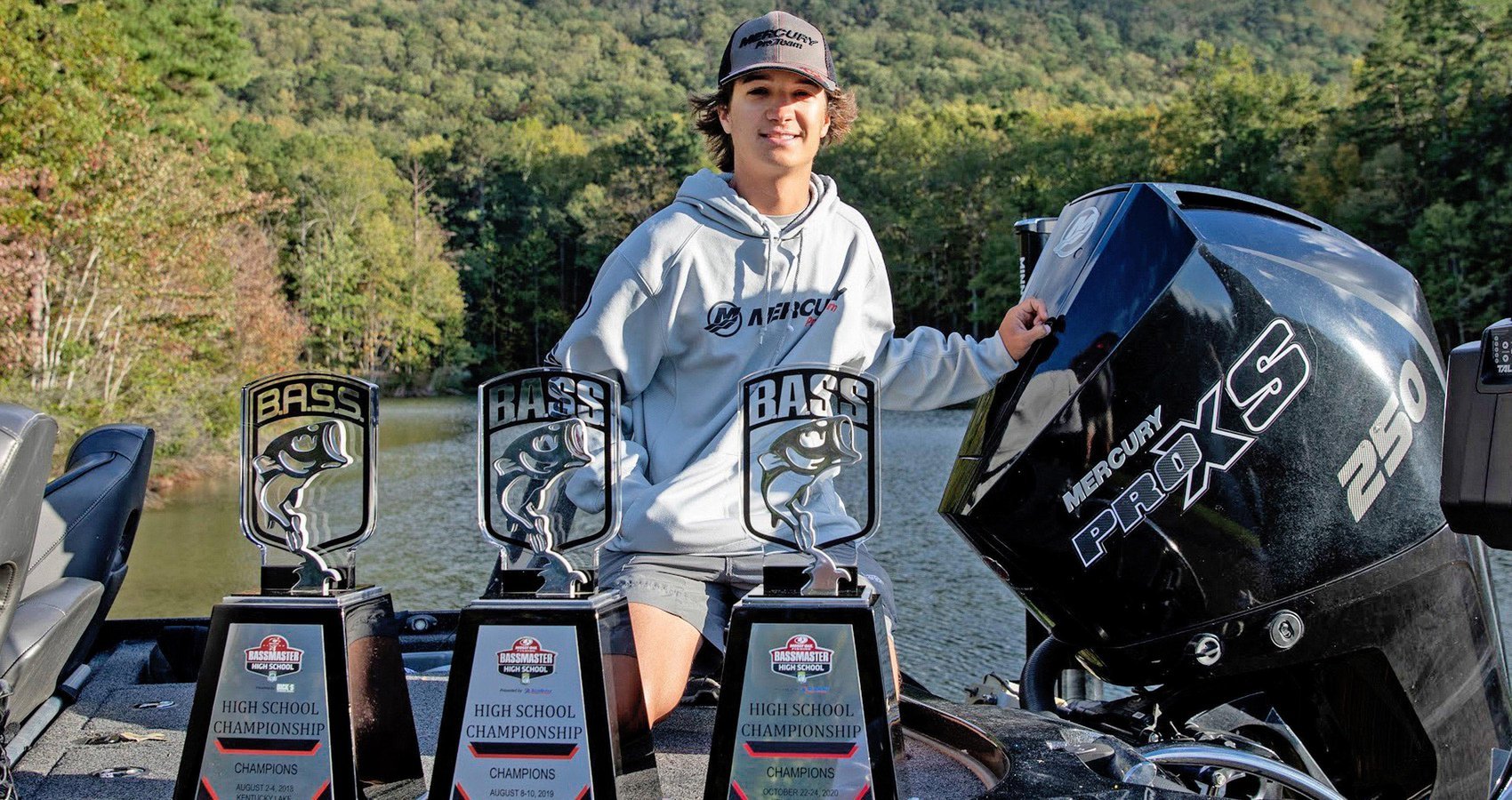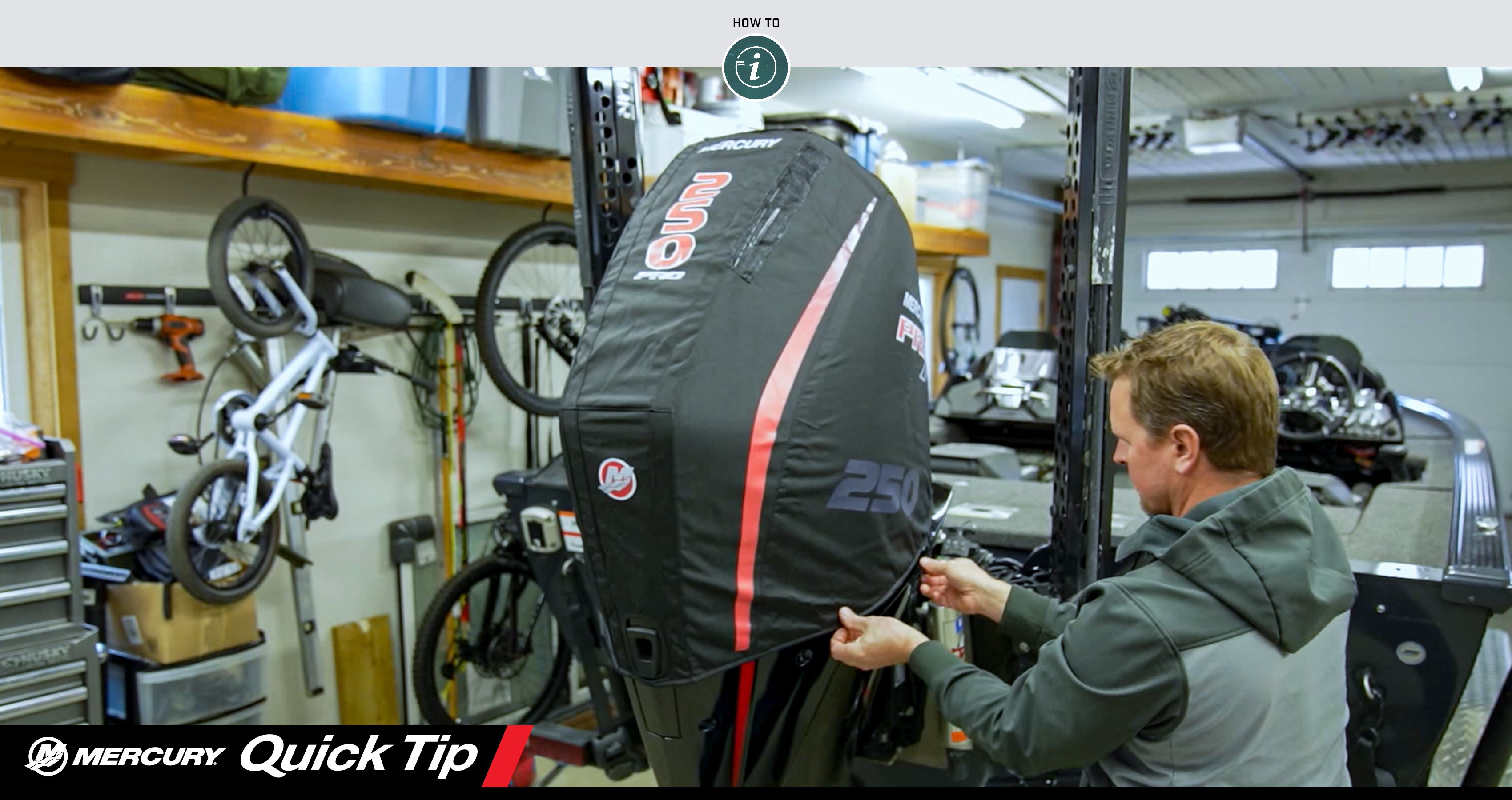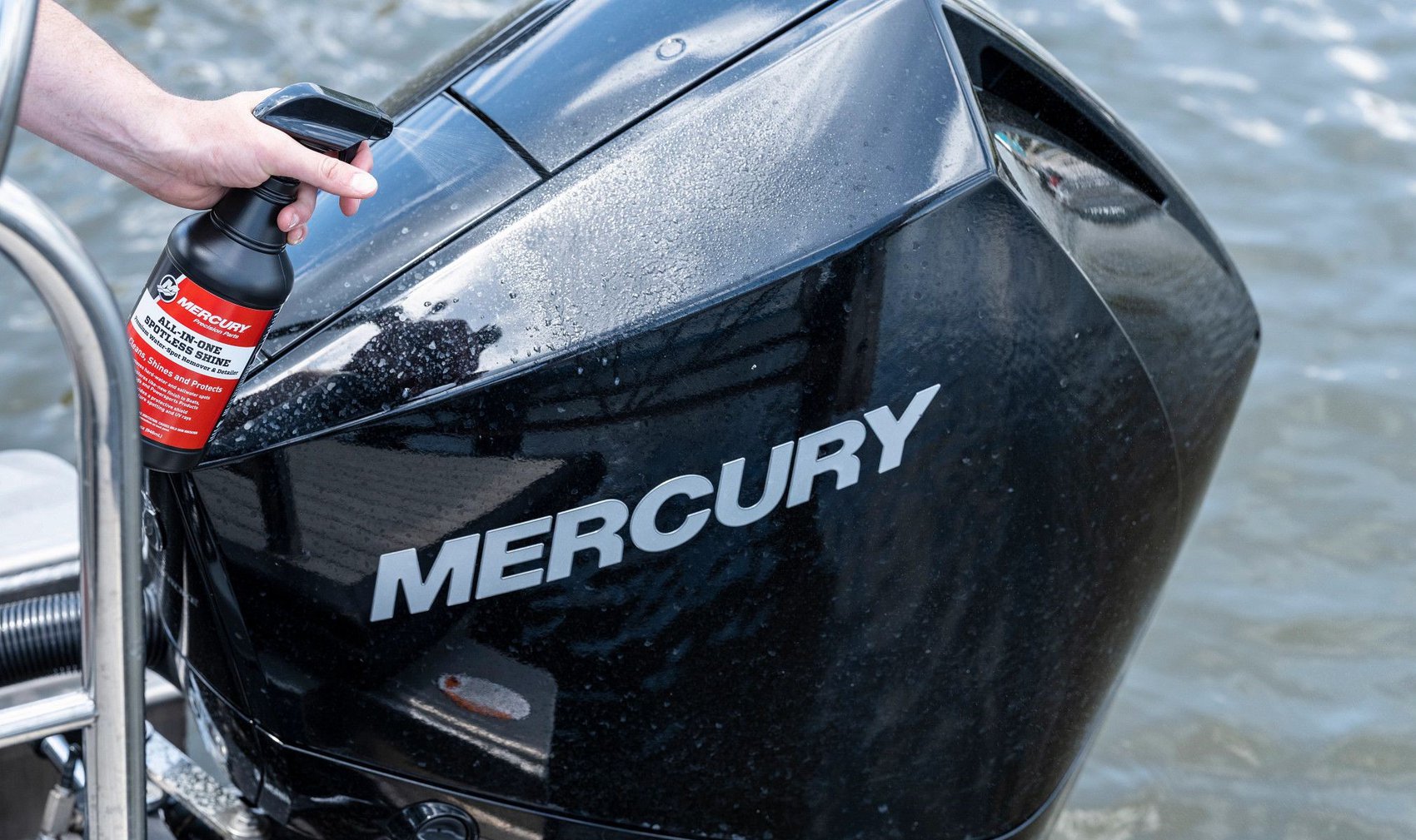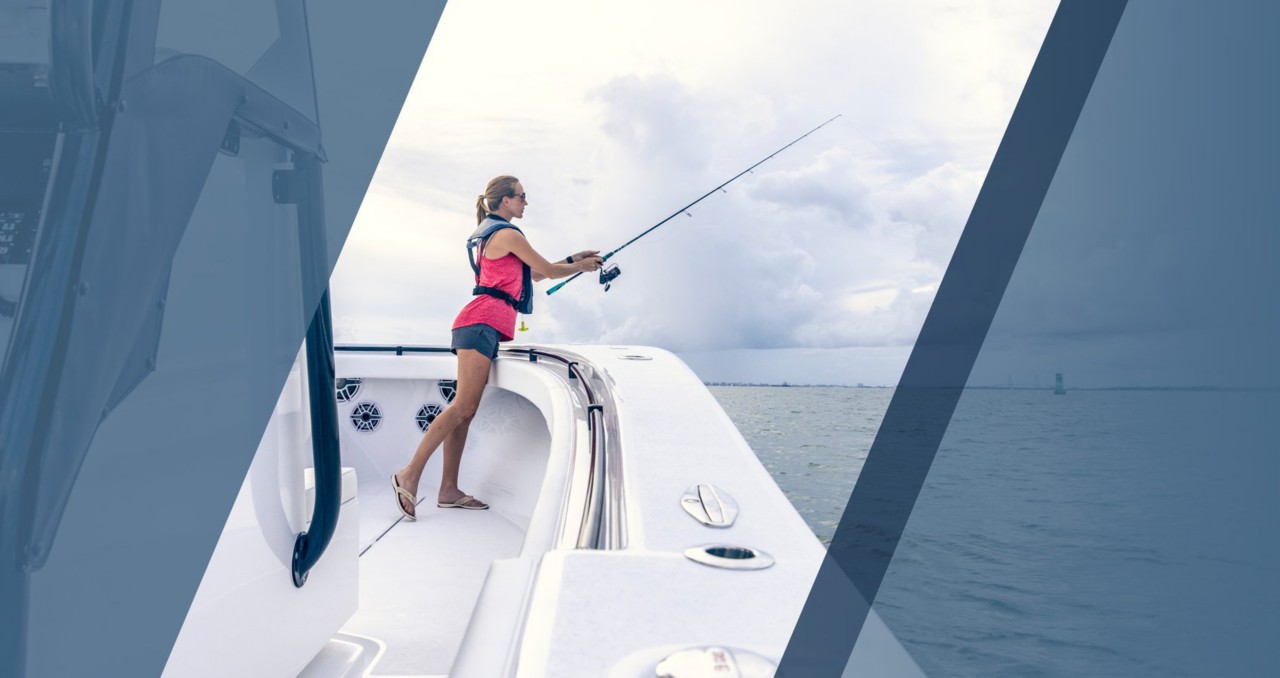One of the biggest pet peeves for many freshwater anglers is when they are having a good day fishing from a boat in a quiet spot on the lake or river and another angler comes along, pulls up right beside them and starts casting in the same area without asking first.
“It happens pretty much on a daily basis,” said Mercury Pro Team member Michael Neal.
If it’s a public body water, everyone is welcome to use the resource, of course. In most places, there are no written rules about how far you need to stay away from other boats and anglers. It’s within your rights to fish next to someone, as long as you aren’t harassing them (intentional angler harassment is against the law in many states). It’s up to each individual angler to decide what’s responsible behavior in terms of how much distance to put between your boat and theirs. Practicing good fishing etiquette means treating other anglers and boaters on the water with respect and giving them their space.
Neal, who fishes the Major League Fishing Bass Pro Tour and Pro Circuit, said it all comes down to following the Golden Rule. “Treat others the way you want to be treated,” he said.
“Communication is key. It’s the number one thing that makes your day on the water go smoothly,” added Mercury Pro Team member and Bassmaster Elite Series angler John Crews.
Here are four fishing etiquette tips from these two pros to help keep it friendly and fun for everyone on the water. What’s outlined here are unwritten rules that guide tournament anglers and serious recreational anglers.
- A “bent pole pattern,” indicating that an angler has a fish on the line, is not an invitation to take your boat to that angler’s position and start fishing right next to them. It’s probably better to go somewhere else, but if it’s a spot you had already hoped to fish, just wait it out. “My advice is to wait until they leave to go over to that spot,” said Neal.
- When another angler is fishing in a spot near where you would like to fish, stop your boat within hailing distance and let the person know your wishes. For example, if an angler is fishing partway back in a creek, and you want to fish all the way in the back, ask first if he or she intends to head deeper into the creek before you go there yourself.
“If I go into an area where someone else is fishing, I ask them if they are going to continue, and if it’s OK for me to fish there. If they are having a bad day and they want to be rude about it, you don’t want to be fishing around them anyway,” Crews said.
On crowded lakes, you’re likely to wind up fishing near someone. In that case, keep a respectful distance. “We usually have a mutual understanding: ‘Don’t get any closer to me, and I won’t get any closer to you,’” Neal said, referring to his fellow tournament anglers.
- Don’t pass too close to another angler’s boat. “Stay away from the side where their rods are; pass on the other side if you can,” Crews said, adding that it’s important to give other boats with active anglers a wide berth when you pass, if there’s room. “Two hundred to 300 feet is ideal; 100 feet at a minimum. Pass at speed and make a minimal wake rather than slowing down and pulling a big wake. However, if there isn’t room to pass far enough away, come off plane well before you get near the other boat and idle past.”
- Never, ever cross lines with another angler. “The number one no-no is to cast across somebody else’s line. I’ve had it happen to me personally. I decided to leave the spot to him. I figured, if it’s important enough for him to do that, he can have it,” Neal said.
Use common courtesy, and there should be enough space for everyone to fish in harmony. When in doubt, err on the side of being as respectful as possible.
“Most anglers are super cool, and as long as you can communicate with them, you can make it work,” Crews concluded.
